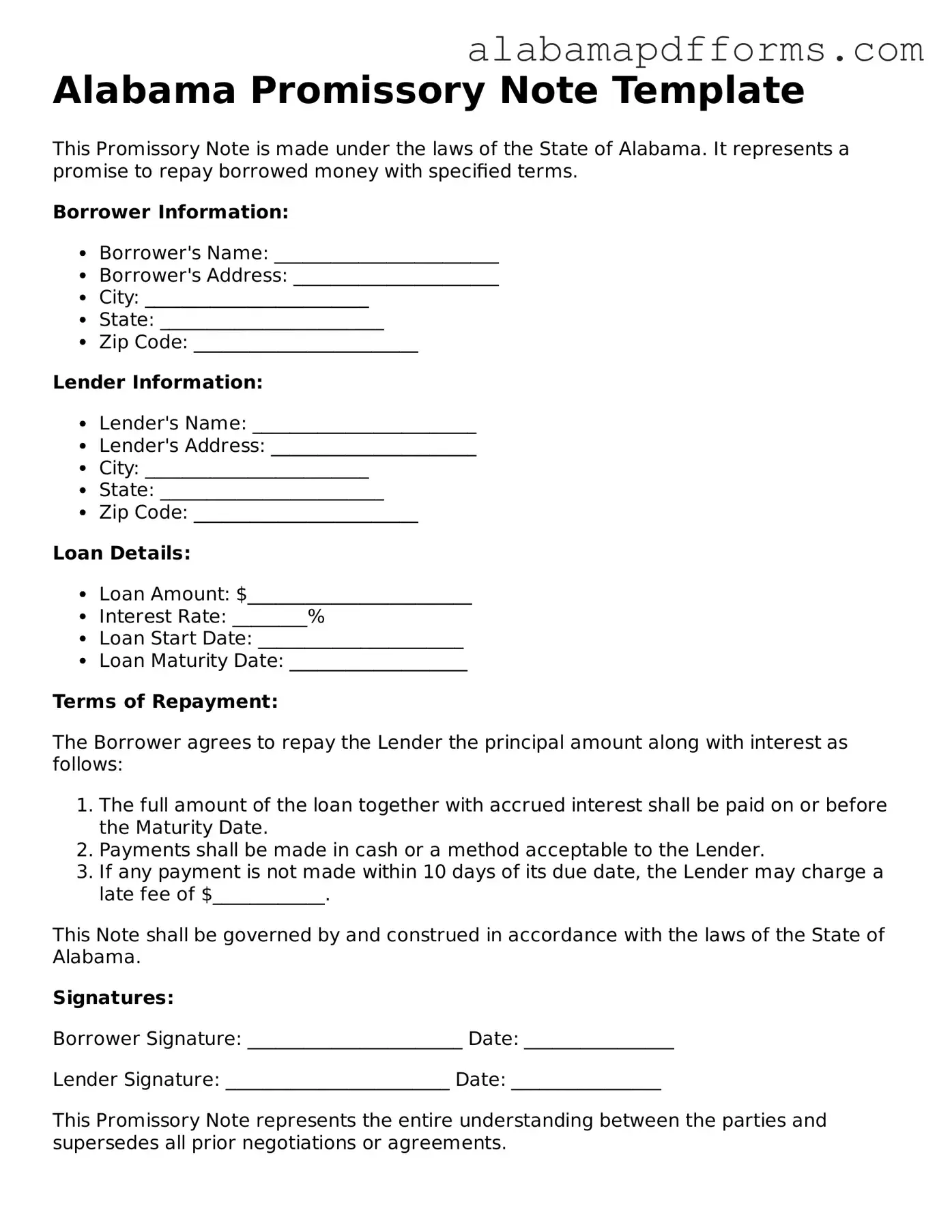A loan agreement is a document that outlines the terms under which a borrower agrees to repay a lender. Like a promissory note, it specifies the amount borrowed, the interest rate, and the repayment schedule. However, a loan agreement is generally more detailed and may include provisions about collateral, default, and other obligations. While a promissory note is a straightforward promise to pay, a loan agreement provides a comprehensive framework for the entire lending relationship.
A mortgage is another document that shares similarities with a promissory note. In a mortgage, the borrower secures a loan with real property as collateral. The promissory note is often part of the mortgage transaction, as it represents the borrower's promise to repay the loan. Both documents outline the terms of repayment, but a mortgage also includes information about the property and the lender's rights in case of default.
A personal guarantee is a document that can accompany a promissory note when a third party agrees to be responsible for the debt if the primary borrower defaults. Similar to a promissory note, it creates a binding obligation. However, a personal guarantee adds an additional layer of security for the lender, ensuring that they have recourse to another individual’s assets if necessary.
A business loan agreement is tailored specifically for business transactions. It is similar to a promissory note in that it outlines the repayment terms and conditions. However, it may also include clauses related to the business's financial performance, restrictions on asset sales, or requirements for maintaining certain financial ratios. This document is more complex, addressing the unique needs of business borrowers.
A lease agreement can resemble a promissory note in that it often requires periodic payments over a specified term. In a lease, a tenant agrees to pay rent to a landlord for the use of property. While a promissory note is focused on repayment of a loan, a lease agreement emphasizes the terms of property use. Both documents establish a financial commitment, but they serve different purposes in the realm of finance and property rights.
In addition to the documents previously mentioned, the ADP Pay Stub form serves a vital role in financial transactions, providing detailed insights into an employee's earnings and deductions within a specific pay period. This emphasis on transparency is essential for both employers and employees, ensuring clarity regarding compensation. As part of effective financial management, resources like Formaid Org can support individuals in understanding and utilizing such documents for better financial planning.
An installment sale agreement is another document that bears similarity to a promissory note. This type of agreement allows a buyer to pay for an item over time, rather than in a single lump sum. Like a promissory note, it outlines the payment terms, including the amount financed, interest rates, and payment schedule. However, an installment sale agreement typically includes provisions about ownership transfer and the consequences of default, making it more comprehensive than a simple promissory note.

